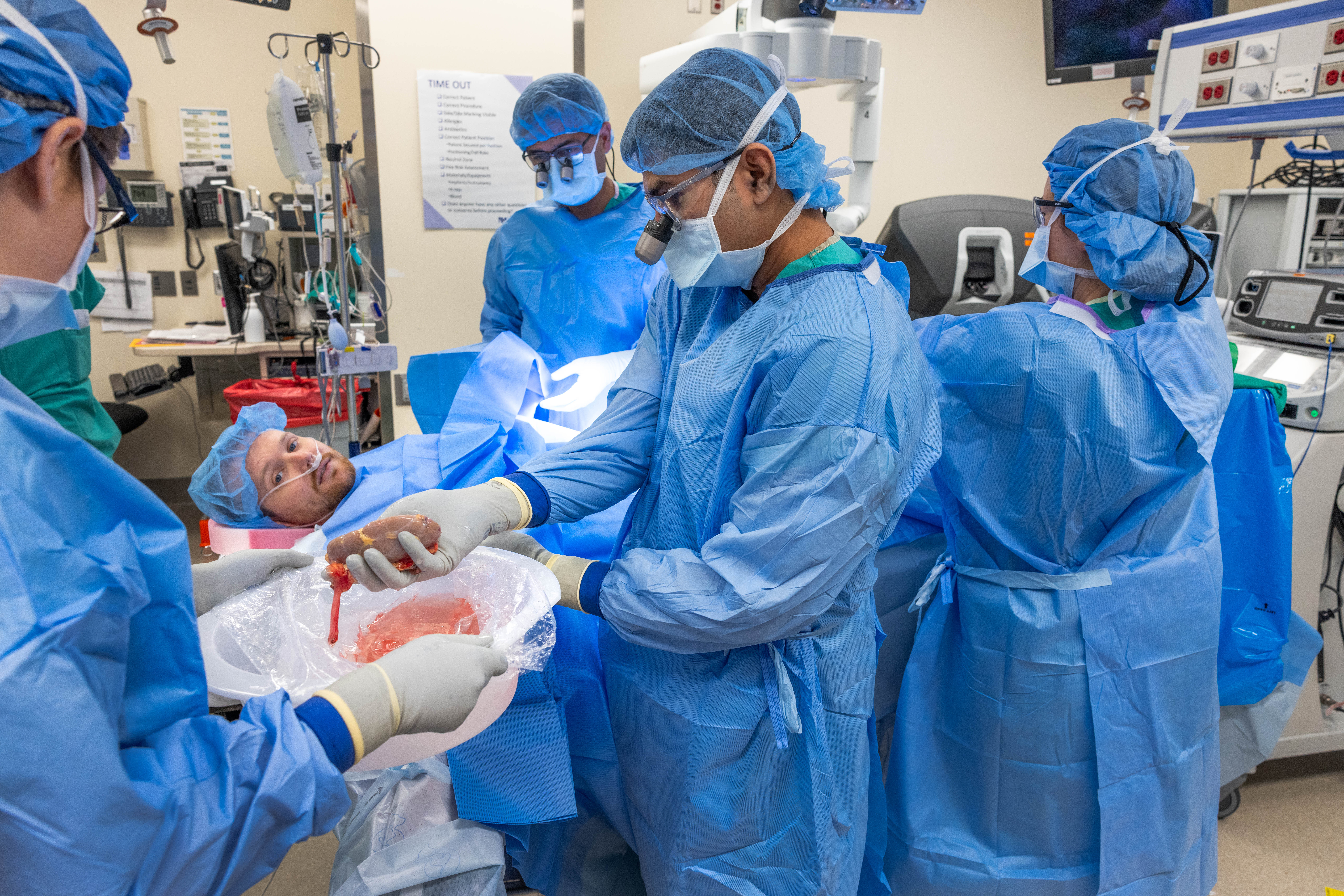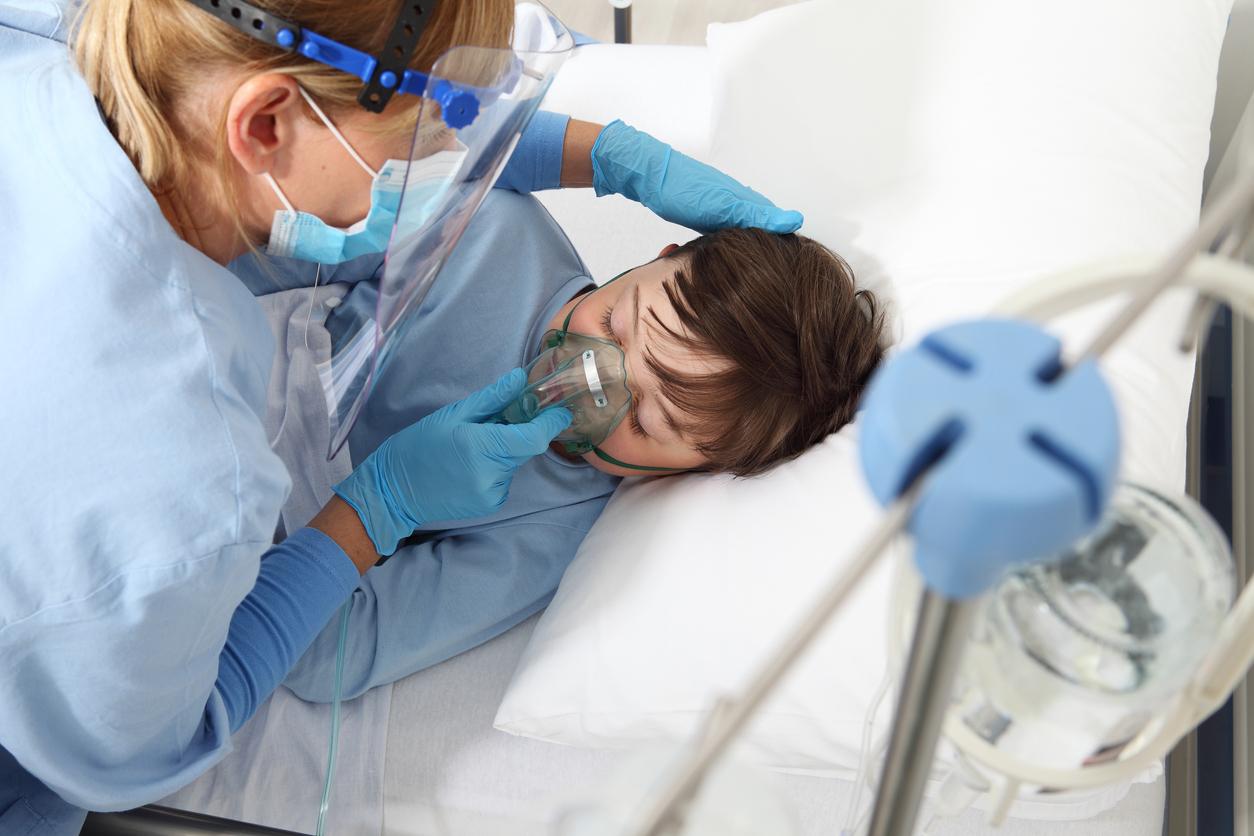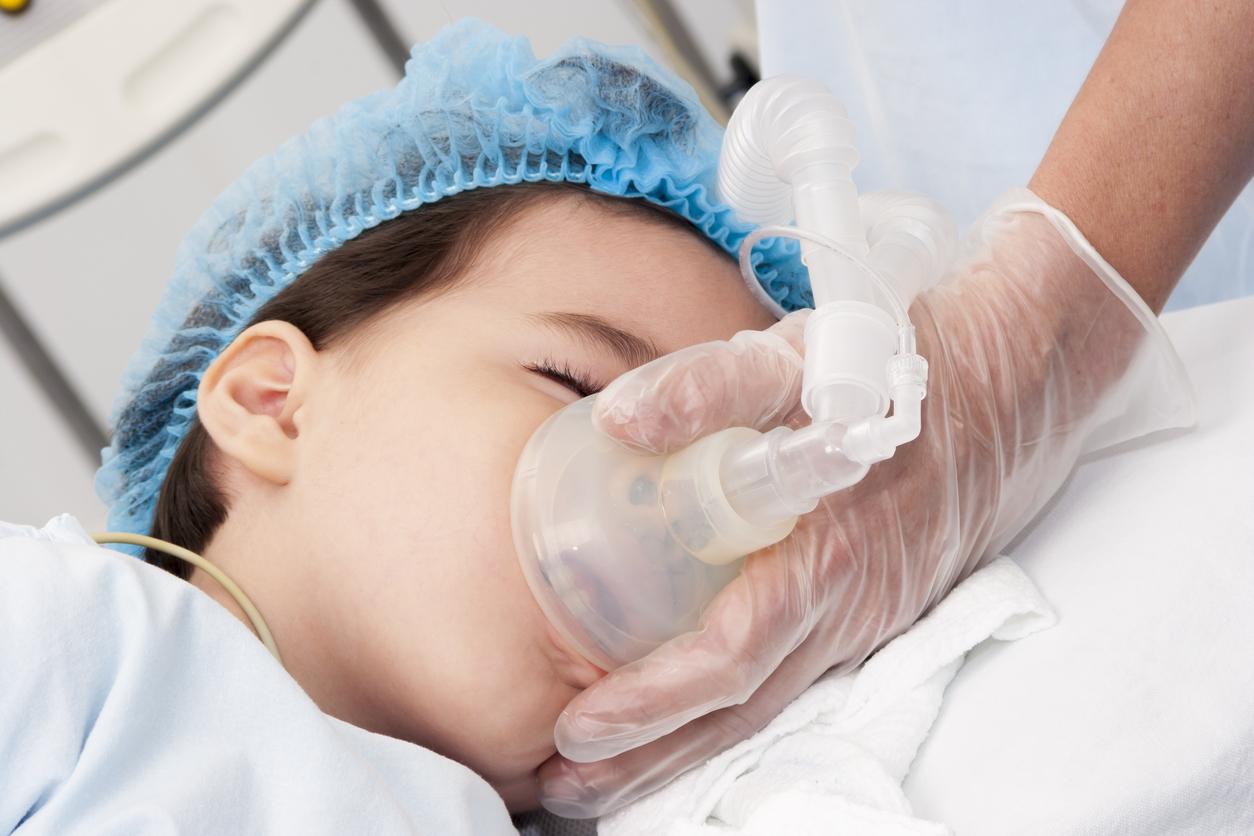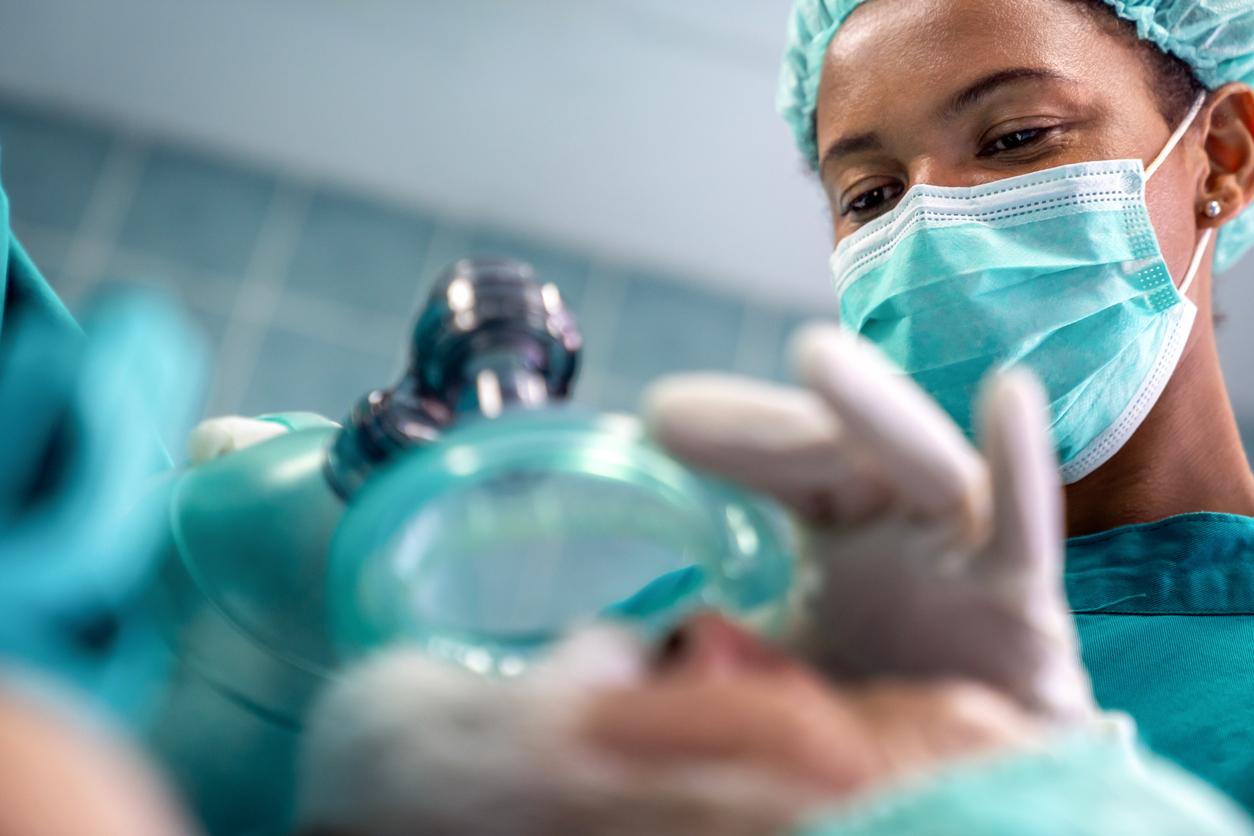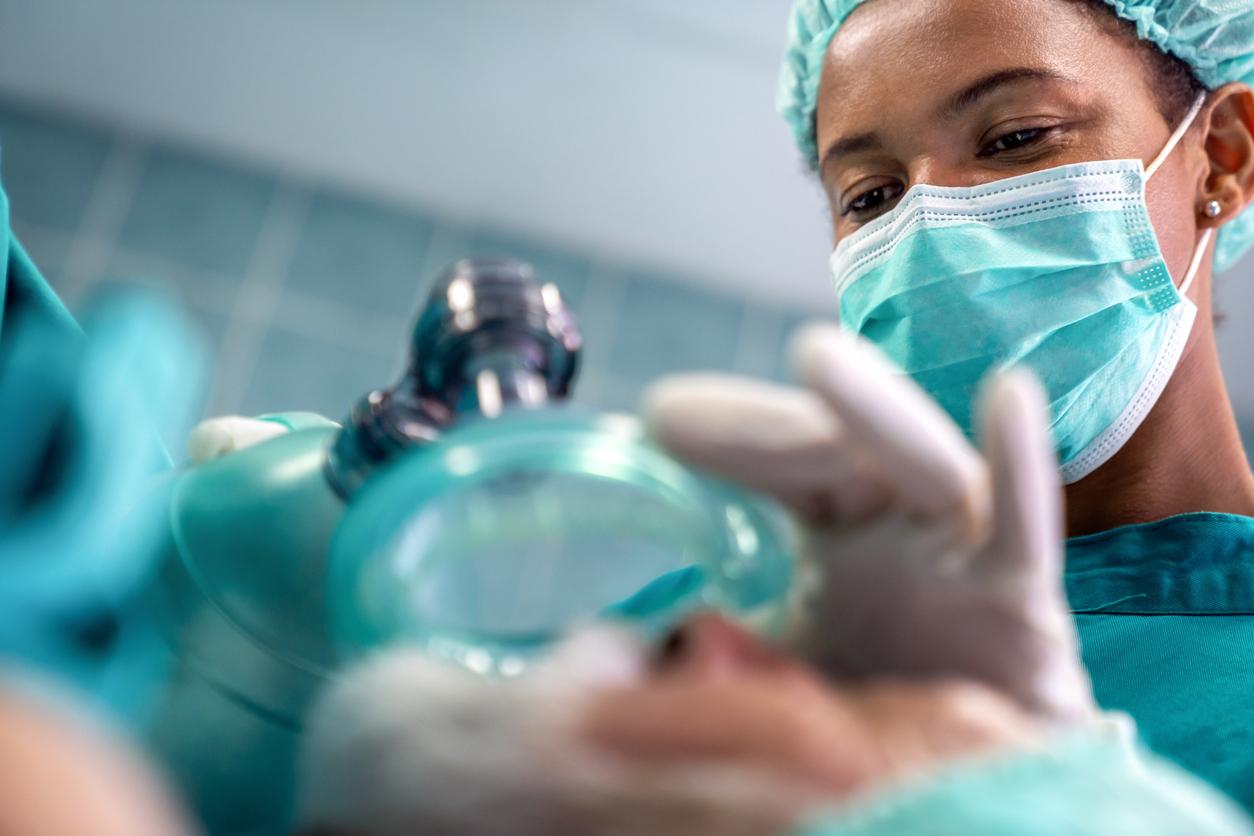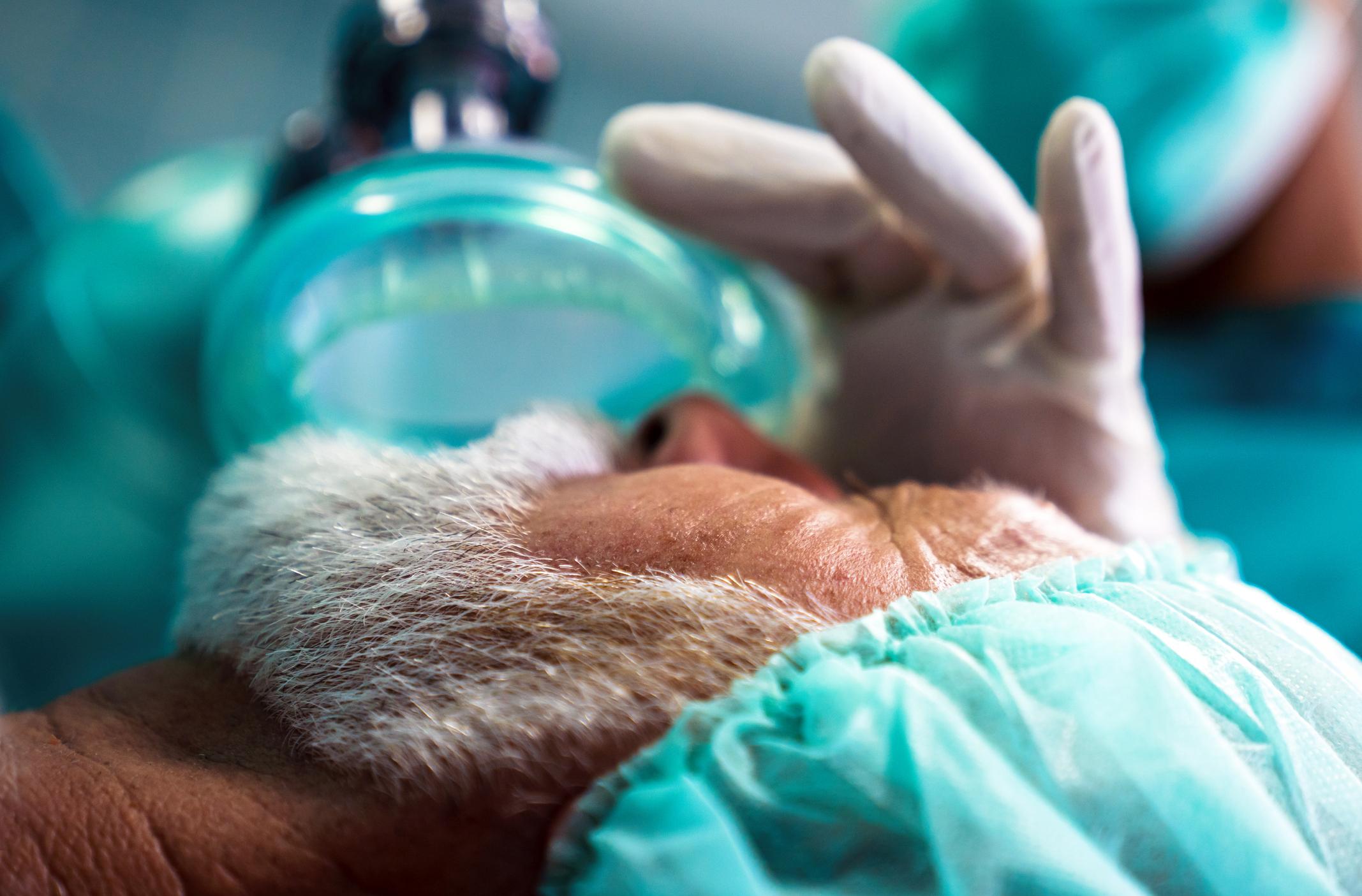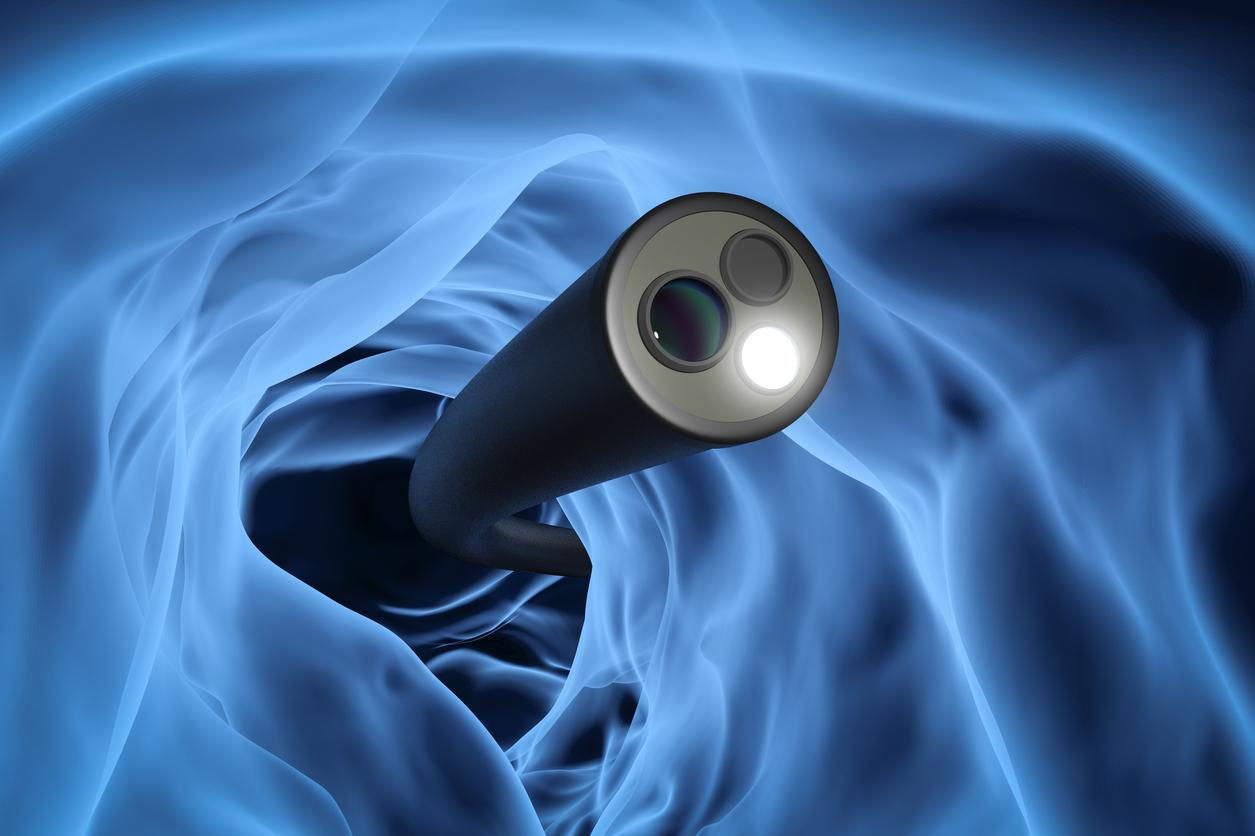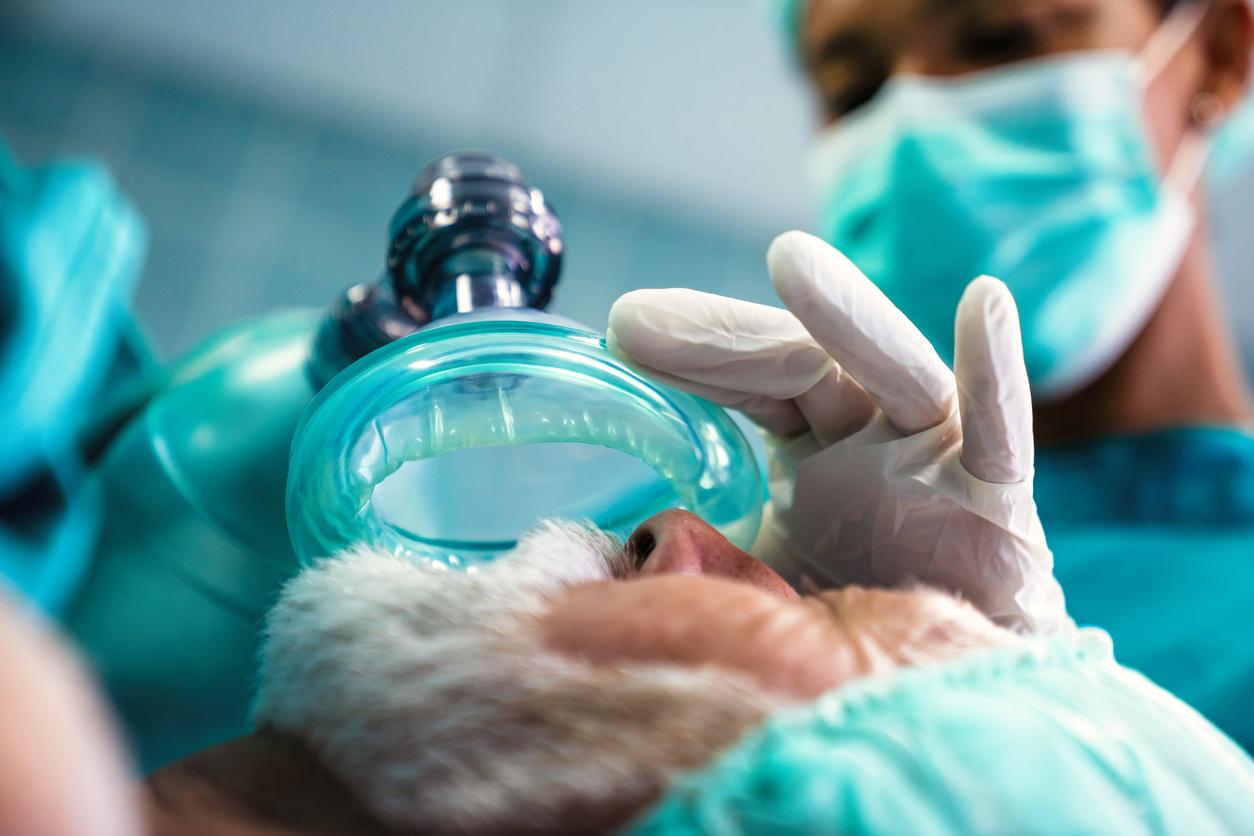Gastroscopy is an examination widely practiced in France. Most often performed under general anesthesia, it is risk-free and only lasts a few hours. Why Doctor takes stock.
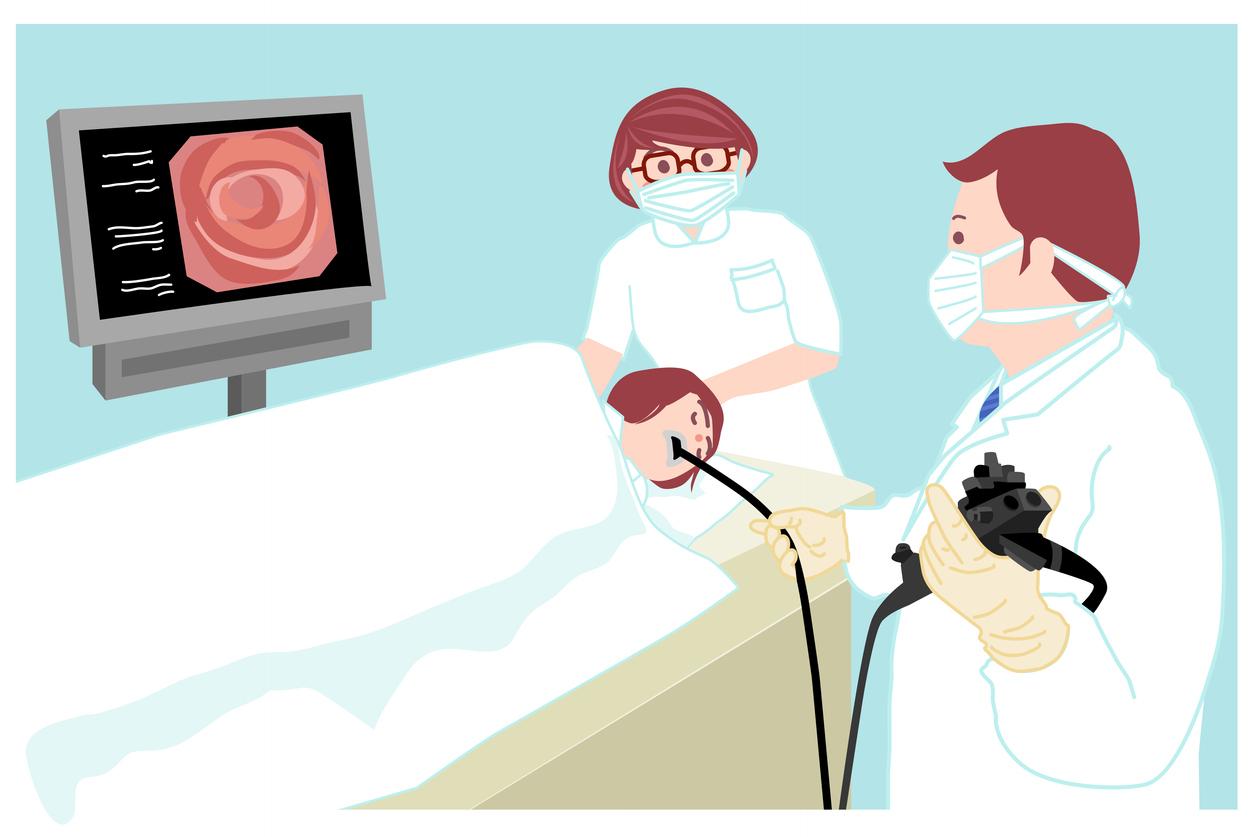
- Gastroscopy is a very common examination to explore the esophagus, stomach and duodenum.
- The examination is done under general anesthesia and does not cause any side effects or complications.
Reference examination, gastroscopy, or gastric fibroscopy, explores the esophagus, stomach and duodenum (the beginning of the small intestine). In France, this analysis is carried out very frequently, either as part of screening for possible cancerous lesions, or to understand a patient’s digestive or epigastric pain in order to direct them towards appropriate treatment. How is the exam going ?
First, in the case of a anesthesiaas is most often the case in France, it is necessary to consult a doctor before the operation to ensure that there are no allergic contraindications, such as rising gastric fluid in the lungs.
Next, “to properly examine the stomach, it must be empty: be fasting from all solids for six hours and from all liquids for four hours. After arriving a little early at the endoscopy center to manage the administrative documents, you will be taken to the room where the examination takes place, which takes place lying down, lying on your left side”, says Doctor Philippe Godeberge, gastroenterologist in Paris, in theMedical Frequency broadcast.
Anesthesia is too short to cause side effects
“The specialist’s assistant will place a small plastic ring between the teeth to protect them, and it is through this ring that the fiberscope will be introduced. Just before starting, the anesthesiologist or his assistant will introduce a product which will act quickly (…) With a tube fitted with a camera, a gastroenterologist will explore your stomach through your mouth, he will have to introduce the endoscope to the back of the throat, pass the esophagus to reach the stomach, and then explore its internal surface”he continued.
“The passage of the throat is often not very pleasant and as a good examination lasts about ten minutes, everyone does not support it well. The point of anesthesia is to make it all very comfortable. In case of medical necessity, this comfort also makes it possible to repeat the operation without fear. This general anesthesia is not a deep anesthesia, as for a surgery. It is short, there is no need for hospitalization but it is effective enough that you do not feel anything. Indeed, it is not prolonged enough to trigger theside effects such as nausea, prolonged drowsiness or headache”, says the doctor.
After the exam, you will be taken to the rest room where you will wake up quietly and have a light snack so as not to leave the establishment with an empty stomach.
Complications during the examination are extremely rare
Before you leave, the gastroenterologist will come and explain the results of the examination to you. “In the vast majority of cases, he will have taken small samples of the mucosa, this is the name of the surface wall of the stomach, this is called a biopsy. But they have not necessarily been done because the doctor is worried, it is a systematic procedure because some medical details are only visible under a microscope, it is a systematic procedure because Some medical details are only visible under microscope and require the study accurate biopsies”, explains Dr. Godeberge. In this case, you will receive your results within a few weeks.
After the examination, you may have severe pain in your stomach: the air blown into your stomach during the endoscopy can cause feelings of bloating, gas and referrals. However, these symptoms should not last more than a few hours.
For this reason, and also because of the anesthesia, it is not possible to work after a gastroscopy. You will then have to find someone to take you home. “Even if you feel fine, don’t drive, your reflexes are not the same, and in the event of an accident, your liability could be involved”, explains Dr. Godeberge. Also, avoid sleeping alone at night after anesthesia.
If all these precautions scare you, rest assured, fibroscopy is not a risky examination. “Serious problems are very rare and can happen if maneuvers are made during the examination, such as the extraction of a polyp or a tumour. stomach tear during a standard examination is extremely rare“, specifies the gastroenterologist, while ending with “You are more likely to have a car accident (on the way to the hospital) than gastroscopy”.
If you develop abdominal or chest pain, vomiting, chills or fever a few hours after the operation, contact the doctor who performed the examination immediately.








